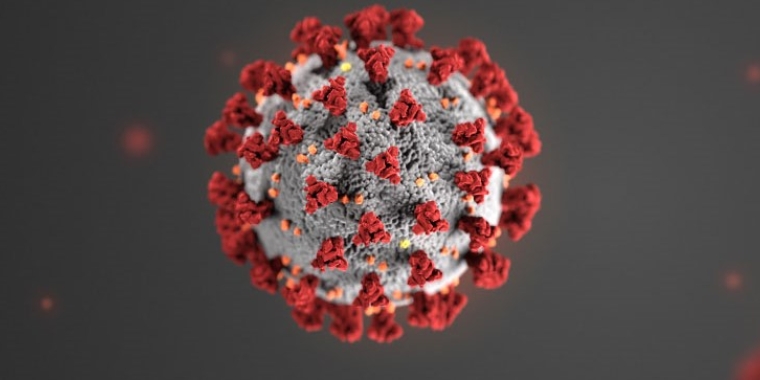
Senator Flanagan and Assemblymember Jaffee Introduce Life-Saving Legislation to Improve Breast Cancer Early Detection
John J. Flanagan
March 21, 2012
-
ISSUE:
- Women's Health
In a major advance in the fight against breast cancer, Senator John J. Flanagan (2nd District) and Assemblywoman Ellen Jaffee (95th District) today announced the introduction of joint legislation (A9586/S6769) to require insurance companies to cover the cost of supplemental screenings for women with dense breast tissue, a condition that can impede detection of breast tumors by mammography and correlates with a greater likelihood for developing breast cancer.
The legislation would further require every mammography report given to patients who have dense breast tissue to state in plain, non-technical language that she has dense tissue and should discuss with her physician the potential need for and availability of further screenings. The notification would be developed by the Commissioner of Health, and will ensure women with dense breast tissue are better equipped to speak with their physicians and make decisions about their own health care.
According to leading medical studies, breast cancer is four to six times more likely in women with dense breast tissue, and mammograms fail to detect approximately 40% to 50% of tumors in dense tissue as this condition obscures their presence. It is believed this bill will lead to earlier detection and greater survival rates by requiring insurance companies to cover supplemental screenings and doctors to notify patients of increased risk associated with dense breast tissue.
The legislation was spurred when Senator Flanagan and Assemblywoman Jaffee were contacted by JoAnn Pushkin of Dix Hills, a breast cancer survivor-turned-advocate and Executive Director of Are You Dense Advocacy, Inc. Ms. Pushkin’s cancer was diagnosed later than necessary as her annual mammograms were unable to detect a tumor through dense breast tissue. Ms. Pushkin advised in the drafting of this legislation and continues to advocate for the measure to become law not only in New York State, but in 12 other states as well as federally.
“JoAnn has been a leader in the effort to provide this new protection for women and I look forward to working with her to make it a reality in New York State,” stated Senator Flanagan. “Women throughout this state deserve to have access to every possible tool available to protect their lives and I thank Assemblywomen Jaffe for joining with me in this effort. The reality is that this legislation will save lives when passed into law and it is the right thing to do.”
“When it comes to breast cancer, women have a right to know what they’re up against,” said Assemblywoman Jaffee. “This bill will enable women to fully understand the risks posed by dense breast tissue and ensure that, should they need it, additional screening coverage is readily available. We lose far too many lives to breast cancer that could and should have been detected, so it is critical women have every tool at their disposal to protect their health.”
Ms. Pushkin echoed this sentiment. “When women aren’t told about their own breast density, and its inherent risk, we are denied the opportunity and choice to protect and advocate for ourselves. No one, especially any doctor involved in my health care, should have the option to keep any pertinent health information about me, from me. This legislation is about a woman’s right to know a critical risk factor in her individual health profile so she can have an informed conversation with her physicians about planning an effective course of action. New York women owe much to Senator Flanagan and Assemblywoman Jaffee for bringing public awareness to this issue and for their efforts in introducing this groundbreaking legislation,” said Ms. Pushkin.
“Most women don’t have any idea how dense their breasts are, what it means for their risk of developing breast cancer, or that their breast density may actually be hiding tumors from detection,” said Nancy G. Brinker, founder and CEO of Susan G. Komen for the Cure and interim president of the Komen Advocacy Alliance. “It needs to be regular practice for doctors to inform women about their breast density and relative risk.”
Currently, Connecticut, Texas, and Virginia are the only states in the nation with Breast Density Inform laws; 13 other states have introduced legislation that would establish such statutes, as has the U.S. House of Representatives. A recent Harris Interactive survey found that 95% of women do not know their breast density even though it is a risk factor, and less than one-in-ten women learn about breast density from their physician.
Share this Article or Press Release
Newsroom
Go to NewsroomBudget Statement From Senator Flanagan
March 17, 2020

Statement From Senator Flanagan
March 16, 2020


